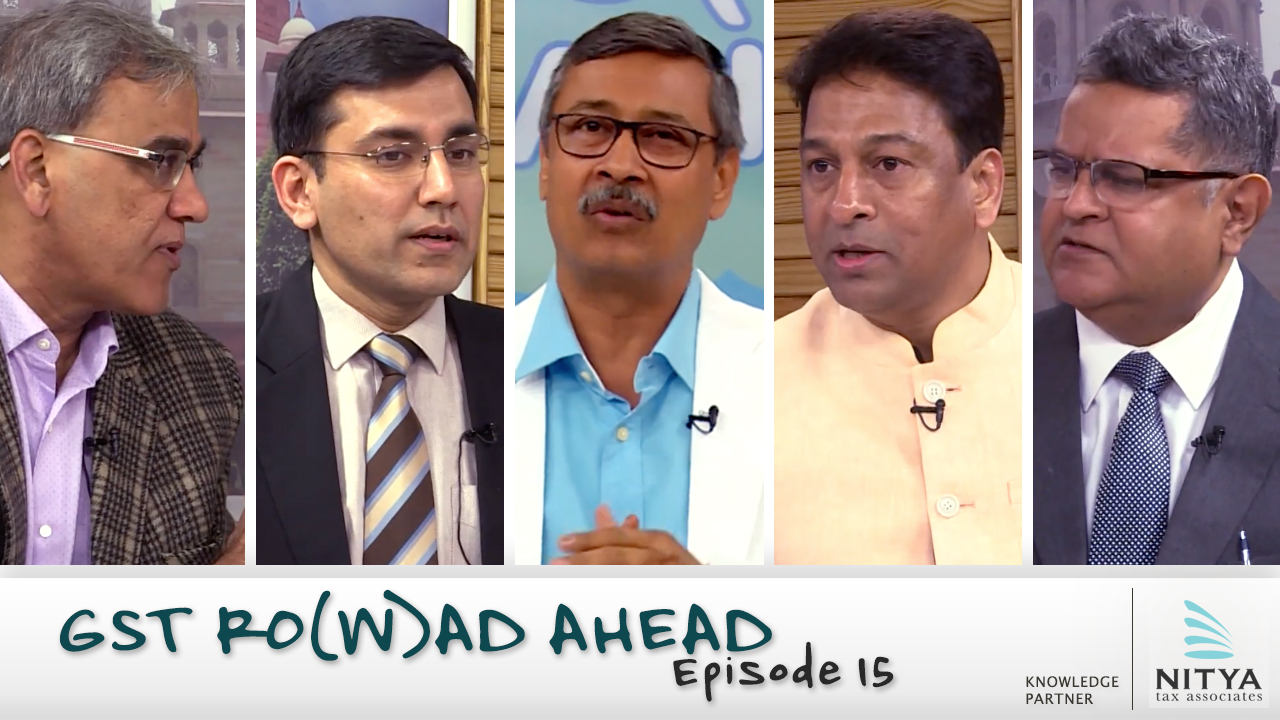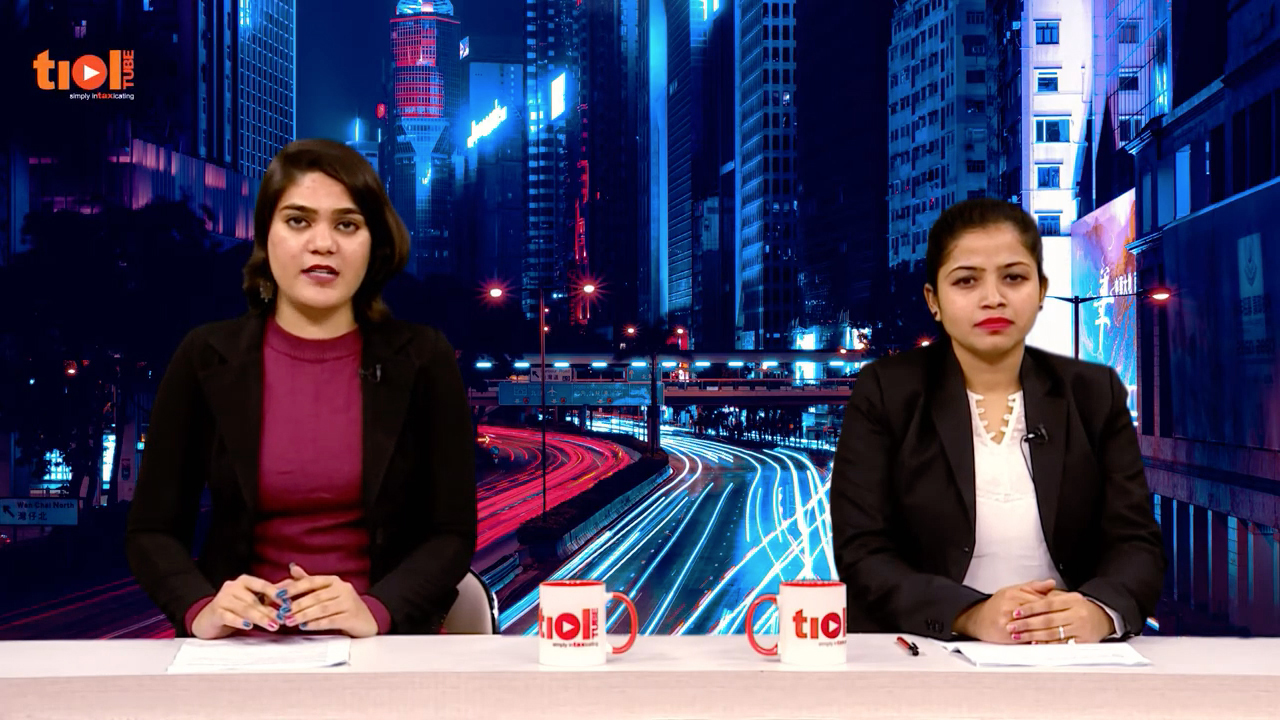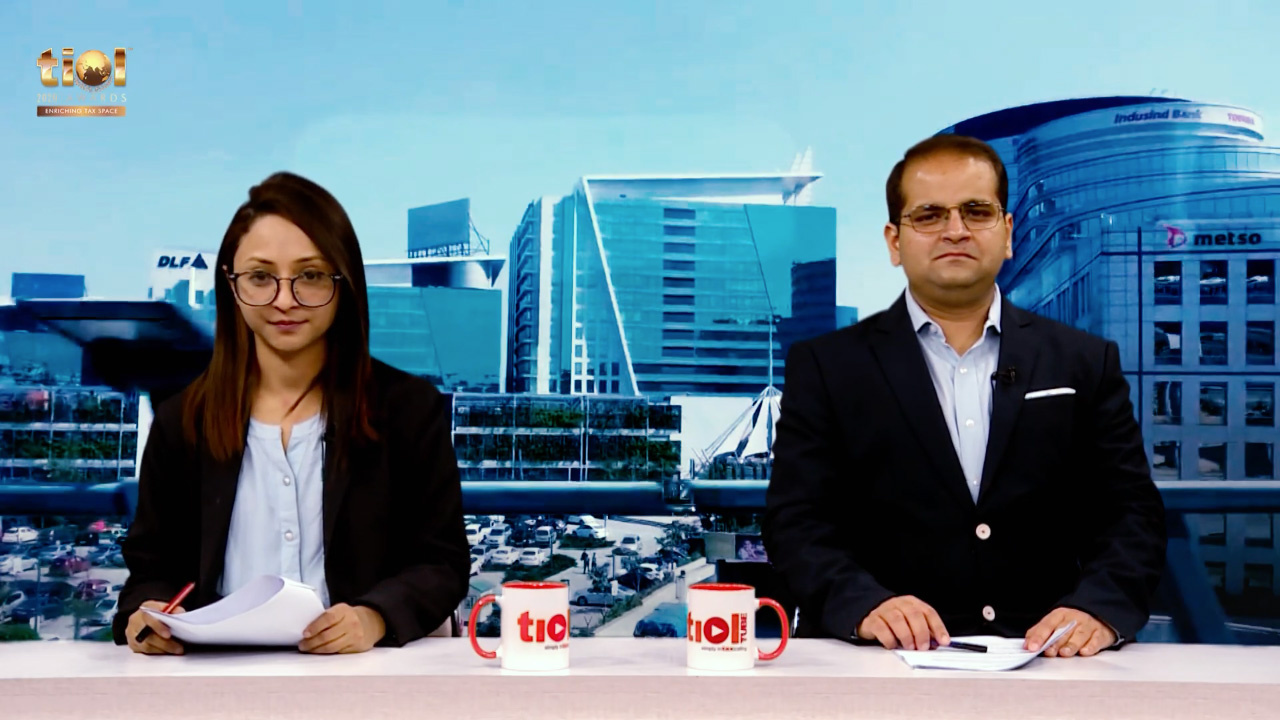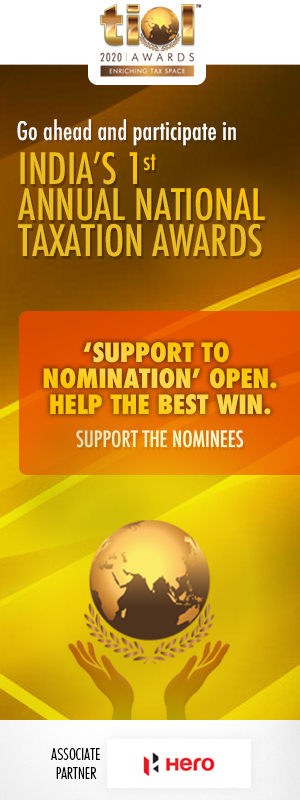|
SERVICE TAX
2020-TIOL-734-CESTAT-AHM
Sachin Metal Coats Vs CCE & ST
ST - The assessee is engaged in job work of activity of powder coating on metal components which are supplied by their principals on which they are doing powder coating by using their own chemical, powder coating - The assessee received the metal components under cover of Annexure II Challans, which mentioned the supply under rule 4 (5) (a) of CCR, 2004 - The case of the department is that the assessee is providing service of BAS under a specific head of production of goods on behalf of the client, accordingly the same is liable for Service Tax - The main issue is revolving around the eligibility of exemption notfn 8/2005-ST - The said notfn is more or less pari materia to the Central Excise Notfn 214/86-C.E. - With reference to the said notification and relevant rule 57(F)(2) as per CEA, 1944 and rule 4 (5)(a) of CER, 2002, the issue was raised that in case of some raw material such as consumable if used by the job workers, whether same will amount to job work or otherwise - In every case of job work, some or other small part of consumables/ raw materials are used by job worker - In such case, if it is contended that such small part of consumables/ raw materials were not supplied by the client of assessee and because of that the job worker is not illegible for exemption notfn 8/2005-ST, the whole purpose of the notification will be defeated as in majority of cases a small part of the consumables raw materials are used for carrying out any job work - Therefore, only because the Powder Coating Chemicals were not supplied by Principal Manufacturers, the benefit of notification cannot be denied - As regard the issue that the assessee have not produced the proof of payment of excise duty on the final product by the Principal Manufacturer, the notification does not prescribe any condition of submission of proof of payment of excise duty by the principal manufacturer - The only condition is prescribed that on the final products manufactured by the client of the job worker, the excise duty is payable - Once the assessee have received the goods under Annexure-II Challans indicating rule 4(5)(a) of CCR, 2004, it is sufficient to establish that the final product of the principal manufacturer is chargeable to excise duty - As regard to limitation, the assessee admittedly received the raw material under the cover of Annexure-II Challans, which also indicates the supply of raw material in terms of Rule 4(5)(a) of CCR, 2004 - All the transactions were duly recorded by principal manufacturer as well as the assessee - Therefore, the demand for the extended period is not sustainable on the ground of time bar also - Even if Service Tax is chargeable, the Principal Manufacturer is entitled for Cenvat Credit in respect of such Service tax if at all payable - Therefore, the entire exercise is revenue neutral - For establishing the revenue neutrality, the facts of the payment of duty by the principal manufacturer from PLA or from Cenvat need to be verified - Since the adjudicating authority has not carried out any verification as regard payment of excise duty by the principal manufacturer and also with respect to the fact of revenue neutrality, the matter is remanded to the adjudicating authority for passing a fresh order: CESTAT
- Matter remanded: AHMEDABAD CESTAT
CENTRAL EXCISE
2020-TIOL-939-HC-DEL-CX
Industrial Personnel & Security Services Pvt Ltd Vs CCGST
SVLDRS - The assessee-company had filed an application seeking disposal of its matter under the Sabka Vishwas Legacy Dispute Resolution Scheme 2019 - However, such application was rejected on grounds that the investigative authority concerned had submitted that the amount was neither quantified nor communicated to the assessee - The assessee claimed that the communications were issued without giving prior notice and without giving an opportunity of personal hearing to the assessee.
Held - The assessee raised a plea that it was eligible to file an application despite the amount having been neither quantified nor communicated to the assessee by the Department till 30th June, 2019 - Hence an opportunity of hearing should have been given to the assessee before passing any adverse order - Hence the subject communications merit being set aside and the relevant authority is directed to decide upon the assessee's application after giving opportunity of personal hearing: HC
- Writ petition disposed of: DELHI HIGH COURT
2020-TIOL-938-HC-MAD-CX
CCE & ST Vs Madras Cements Ltd
CX - The Revenue filed the present appeal to contest the findings of the Tribunal in remanding the matter back to the CIT(A) for re-consideration of the case in light of the findings of the High Court of Madras in The Commissioner of Central Excise and Service Tax, Coimbatore Vs. Pricol Ltd, Perianaickenpalayam.
Held - As the matter already is remanded back to the CIT(A) by order of the CESTAT, this court is not inclined to make any observations on merits of the case and the parties are directed to raise their contentions before the CIT(A), who is directed to decide the case as per law: HC
- Revenue's appeal dismissed: MADRAS HIGH COURT
2020-TIOL-737-CESTAT-DEL
Spring Dells Vs Commissioner of CGST
CX - The appellant is a partnership firm having their factory at Roorkee falling in the State of Uttarakhand - A private industrial campus was developed by partners of appellant's firm and their relatives in Khasra Nos. 114, 115, 118 and 119 - The said land has been acquired by one of the partners of appellant firm alongwith relatives and friends - The industrial complex have been developed by laying in a private road/ lane, construction of boundary wall, construction of different sheds in the campus, so that industrial units could produce goods and avail exemption under the 'Area based exemption' Notfn 50/2003-CE - It appeared to Revenue that the appellant was wrongly availing Area based exemption with respect to goods manufactured at Khasra No.115 and being claimed as adjacent plot/ shed, as the said plot - Khasra No. 115 could not be termed as adjacent to Plot-F/119, since there was a common road/ open space and other factory premises/manufacturing unit established in between the existing manufacturing units at Plot-F Khara No. 119, could not be made available or applicable to the manufacturing - expanded capacity at Plot No. 115, as the same was not adjacent - It is undisputed that the appellant is entitled to area based exemption with respect to their main unit/ (unit-I) located at Plot F/119 - Further, it is undisputed that so far the other two plots are concerned at Khasra No. 115 (Unit-II) earlier M/s Careplus was functioning and availing area based exemption vide declaration dated 27.12.2006 - Thus, the appellant unit-II being admittedly the successor of M/s Careplus is also entitled to area based exemption till 27.12.2016 - Further, admittedly at the present unit-III of the appellant (Plot B/119), earlier M/s Innovate was functioning and availing area based exemption vide declaration dated 27.12.2006, and admittedly the appellant unit-III is a successor of the said M/s Innovate and is accordingly eligible for exemption till 27.12.2016 under the exemption scheme - It is also admitted fact that from the public road, there is one common entry /exit for all units /sheds located in the private industrial complex - Thus, there is a virtual corridor/private road existing between the three sheds, admittedly located in one industrial complex and hence for all practical purposes, the three units can be said to be adjacent to each other - It is admitted fact that the two units namely M/s Fantasy and M/s Jyoti Lab have their entry exit gate from the South East common passage, whereas the three units of the appellant are using the common passage on the North West side - Thus, there is no practical interference in movement between the three units of appellant and virtual corridor exits - In this view of the matter also, Unit-II and Unit-III of the appellant are held to be eligible for area based exemption - The appellant is entitled for area based exemption with respect to their unit-II located at Khasra No. 115 and unit-III located at Plot B/119 - Accordingly, the impugned order is set aside - The appeal of the Working Manager Shri Saurabh Chhabra is also allowed: CESTAT
- Appeals allowed: DELHI CESTAT
2020-TIOL-736-CESTAT-DEL
Ramdev Stainless Strips Pvt Ltd Vs Commissioner of CGST
CX - Adjudicating Authority has noted that the partners of the buyer partnership firm are either Director in the appellant's company or relative of Director of the appellant company - Entire case was made out only on the limited facts that in the buyer partnership firm, one of the partner is Director in the appellant's company, therefore, both the concern are interconnected undertaking and hence transaction value is required to be arrived at in terms of Rule 8/9 of Central Excise Valuation Rules, 2000 - appeal to CESTAT.
Held: Except this so called relationship there is no other allegation of mutual interest between both the concerns - Appellant and the buyer partnership firm cannot be treated as ‘related person' - relationship has to be seen between a partnership firm and a private limited company, both are artificial juristic person - Only on the basis of natural relationship between the partner of a partnership firm and Director of Private limited company, it cannot be a criteria to decide the relationship between a partnership firm and private limited company - Bench is of the clear view that the appellant and M/s Sunshine Steel Industries, buyer in the present case, do not fall under the term 'related person' in terms of Section 4(3)(b) of Central Excise Act, 1944, therefore, the transaction value on which the goods were sold by the appellant is a correct and legal and hence a deemed value in terms of Rule 8 of Central Excise Valuation Rules, 2000 is not applicable - Impugned orders are set aside and appeals are allowed: CESTAT [para 10]
- Appeals allowed: DELHI CESTAT
CUSTOMS
2020-TIOL-735-CESTAT-AHM
Shreyansh Marble Tiles Pvt Ltd Vs CC
Cus - This appeal has been filed by assessee against the order of Commissioner extending time limit for issuance of SCN under Section 110(2) of Customs Act, 1962 - The primary issue is if the Commissioner of Customs can exercise powers granted to him under Section 110(2) of Customs Act, 1962 without issuance of SCN and without granting hearing to the assessee - The assessee have essentially relied upon the decision of Tribunal in case of Swees Gems and Jewellery 2019-TIOL-1252-CESTAT-DEL which in turn relied on various decisions of High Courts and Supreme Court - It is seen that those decisions of High Courts and Supreme Court which have been relied on by the Tribunal in the case Swees Gems and Jewellery pertains to unamended Section 110(2) - Said decision of Tribunal has been set-aside by Rajasthan High Court 2019-TIOL-2005-HC-RAJ-CUS - All the arguments raised by assessee have been considered by Rajasthan High wherein it is held that a textual reading of Section 110(2) would lead one to conclude that no separate notice is necessary, before extending the period of limitation by a further six months for issuance of SCN; the authority has to record reasons in writing, which of course, should be based on materials and inform the concerned party about the extension before the expiry of the first period of six months - Therefore, no merit found in the arguments of assessee - Relying on the decision of Rajasthan High Court in the case of Swees Gems and Jewellery , the appeal is dismissed: CESTAT
- Appeal dismissed: AHMEDABAD CESTAT |
|







